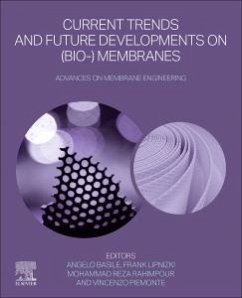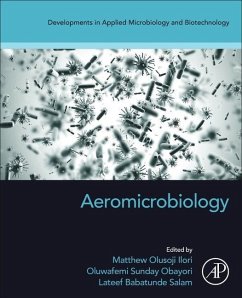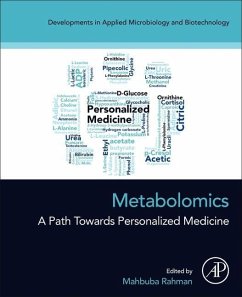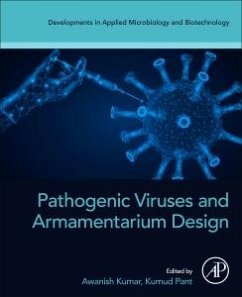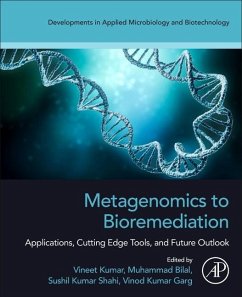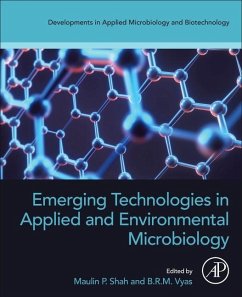
Advances in Drinking Water Purification
Small Systems and Emerging Issues
Herausgeber: Bandyopadhyay, Sibdas

PAYBACK Punkte
98 °P sammeln!
Advances in Drinking Water Purification: Small Systems and Emerging Issues captures the knowledge and impact on the performance of various types of water purification technologies and identities the need for further development with a view to carry forward the SDG global targets of achieving safe and affordable drinking water. The book bridges the knowledge gap between various types of treatability options which is essential for selection of suitable treatment systems and augmentation in the desirable levels of specific contaminants. It focuses on providing the scope of selecting location spec...
Advances in Drinking Water Purification: Small Systems and Emerging Issues captures the knowledge and impact on the performance of various types of water purification technologies and identities the need for further development with a view to carry forward the SDG global targets of achieving safe and affordable drinking water. The book bridges the knowledge gap between various types of treatability options which is essential for selection of suitable treatment systems and augmentation in the desirable levels of specific contaminants. It focuses on providing the scope of selecting location specific technology options by presenting multiple approaches for treatment of most crucial toxic contaminants/pathogens. In addition, it provides insights into the effect of nature of impurities and selection of treatment options on the global quality of drinking water, comprising its possible impacts on the efficiency of the techniques used and thus on the safety of drinking water. This information is indispensable in identifying the appropriate technology depending on the socioeconomic conditions to address the problem of decontamination in drinking water.




